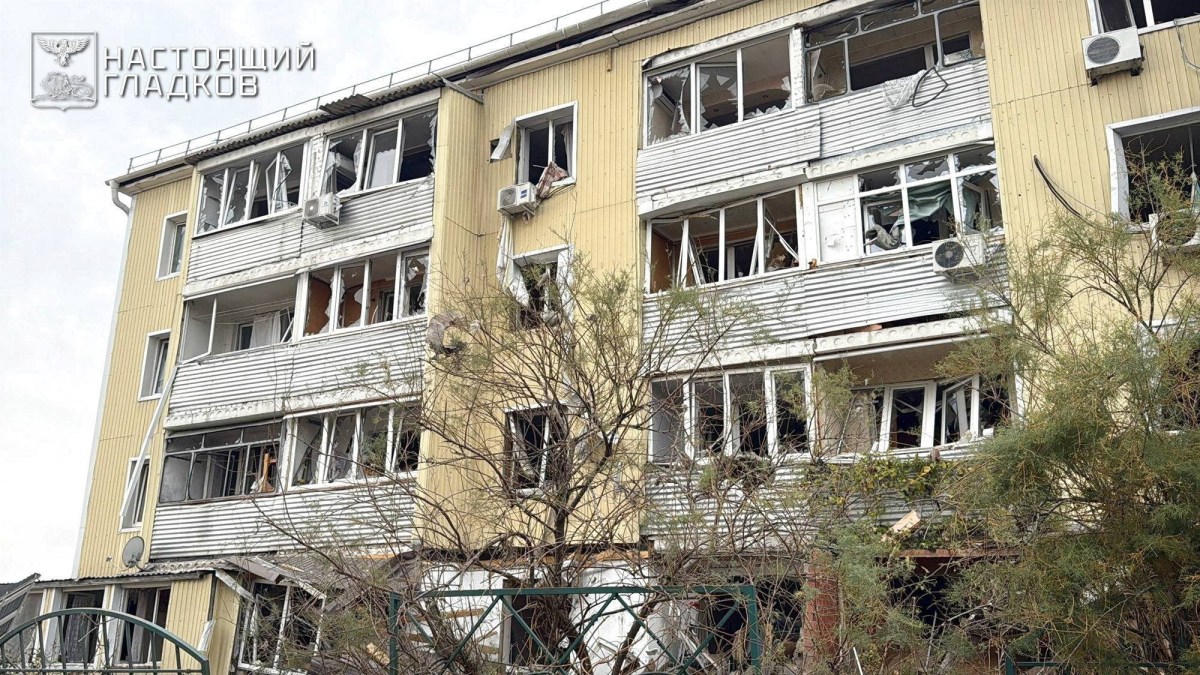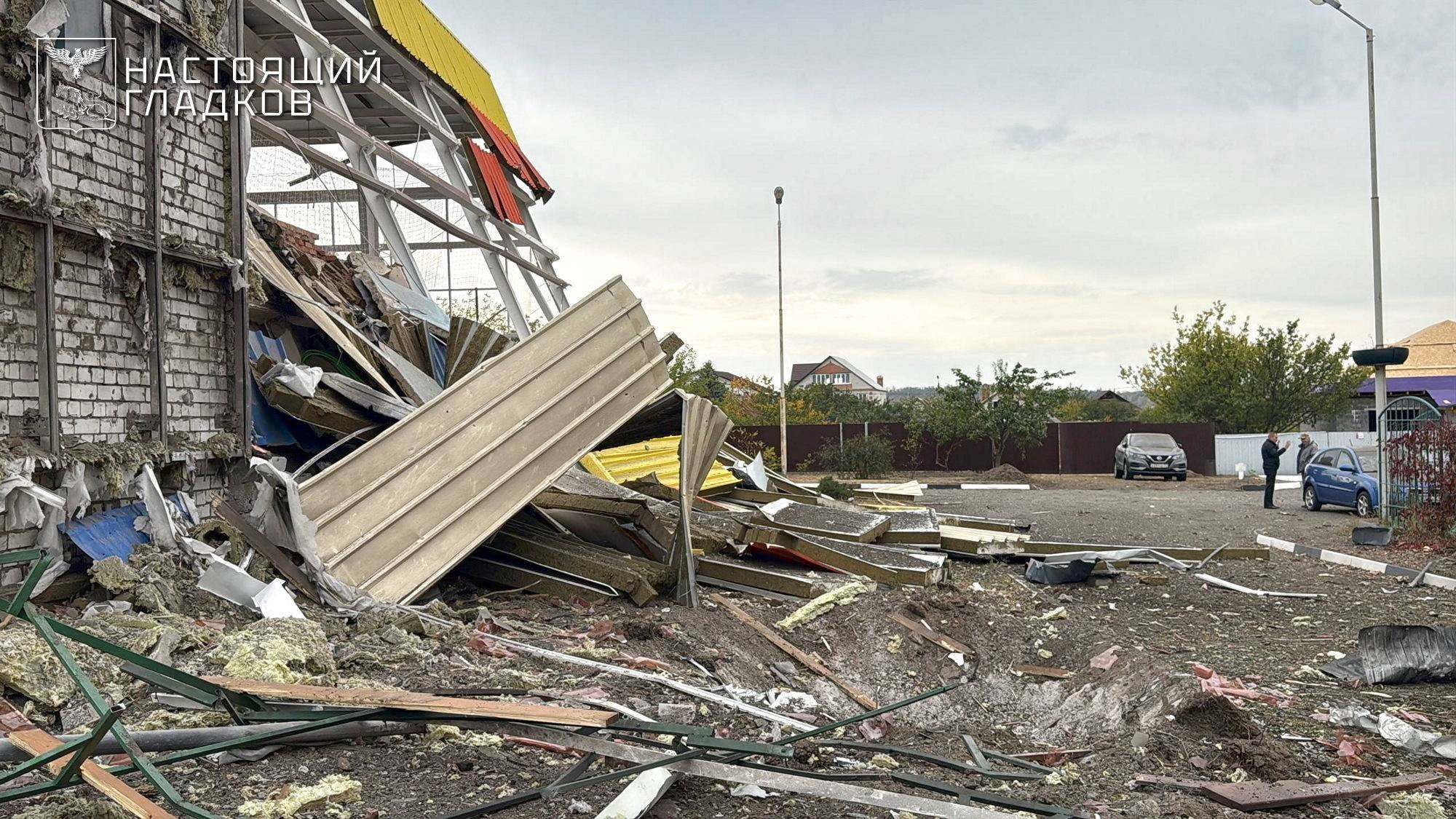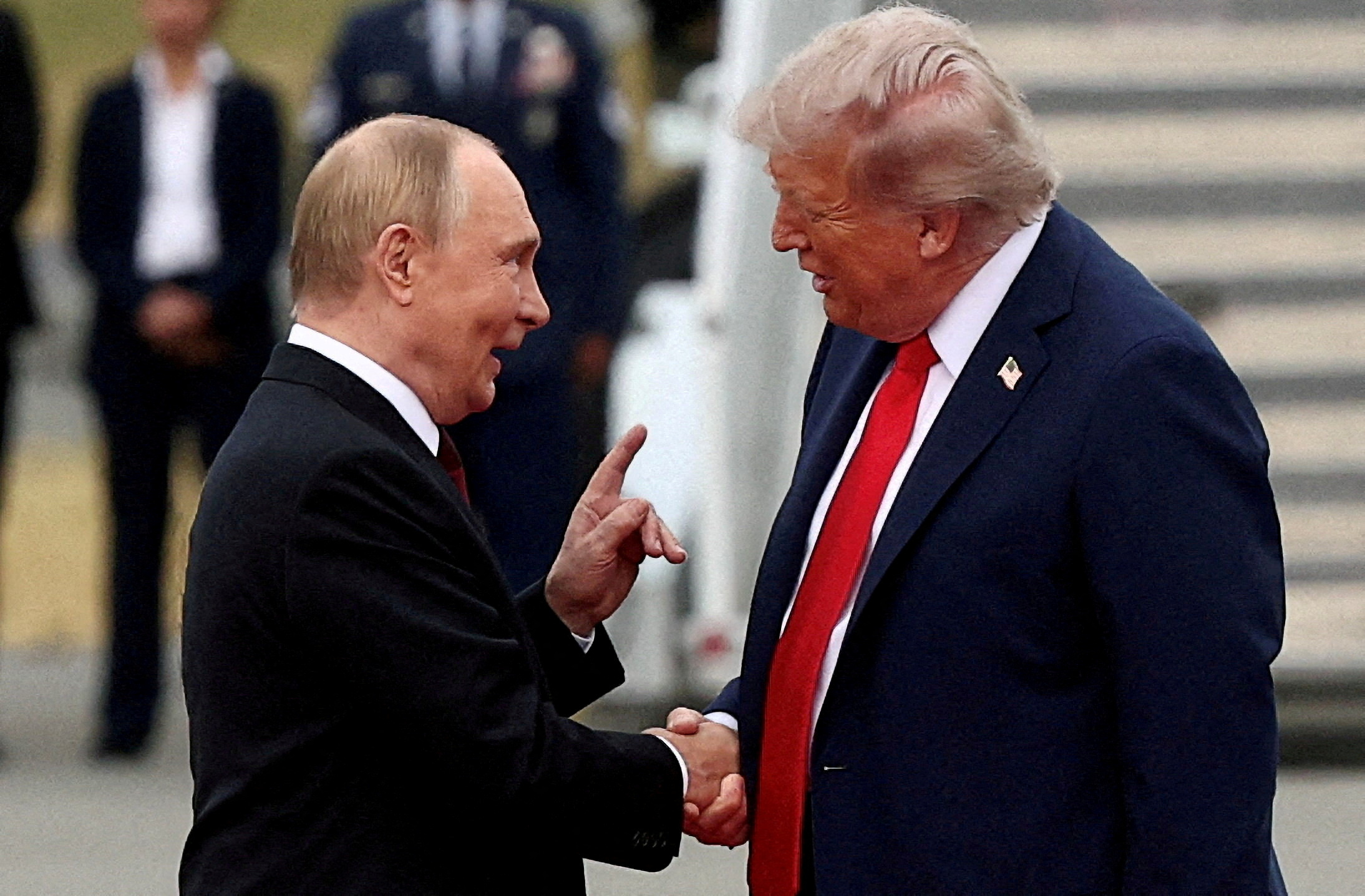When President Putin launched a full-scale invasion of Ukraine in 2022, opposition leaders in Moscow warned that his decision would also bring pain and misery to ordinary Russians.
The eternal rules of war, they predicted, meant that the military aggression that Putin had unleashed on Ukraine would inevitably rebound on Russia. With Kremlin propaganda promising a short, victorious war that would rewrite the global order in Moscow’s favour, their warnings went unheeded.
Almost four years on, although the Kremlin has largely succeeded in shielding the relatively wealthy residents of Moscow from the conflict, hundreds of Russian civilians, mainly in border regions, are believed to have been killed as a direct or indirect result of Ukrainian retaliatory attacks.
At least 391 Russian civilians had died by the end of last year, according to 7×7, an independent Russian website that opposes the invasion. Alexander Bastrykin, Putin’s top investigator, said in May that more than 600 Russian civilians had died since the start of the invasion. It was not possible to verify his claim.
Last month, a six-year-old boy and his grandmother were reported to have been killed in an attack by Ukrainian drones in Voskresensk, a town near Moscow.
On Wednesday, a 25-year-old teacher was said to have died in a strike on the Belgorod region, close to the border with northern Ukraine.
A sports complex was destroyed in the attack in the Belgorod region
GOVERNOR OF BELGOROD REGION VYACHESLAV GLADKOV/TELEGRAM/REUTERS
That attack came as President Trump weighed up whether to provide Ukraine with Tomahawk cruise missiles. They have a 1,550-mile range that would allow Kyiv to strike Moscow. Trump has said he is not seeking to “escalate” the war and wants to know what would be targeted if they were provided to Ukraine.
• Why the Russia-Ukraine war could swing in Kyiv’s favour
Trump and Putin meeting in Alaska in August
KEVIN LAMARQUE/REUTERS
It is unclear how many of the Russian deaths were caused by falling debris from Ukrainian missiles and drones shot down by the Kremlin’s forces. Other civilian deaths are said to have been the result of Russian air defence rockets missing their targets and crashing into residential buildings. A Ukrainian military official has also said that dozens of Russian civilians were killed by missiles fired by Putin’s army as it tried to expel Kyiv’s forces from the Kursk region last year.
The death toll inside Russia is dwarfed by the numbers who have died in Ukraine since the start of the war. The United Nations says at least 14,116 Ukrainian civilians have been killed as a result of Putin’s invasion, including more than 730 children. The true figure is likely to be far higher, as it is impossible to determine exactly how many people have died in areas of the country that are under Russian control.
In Ukraine, the scale of the devastation caused by Putin’s forces means that few people feel any pity for civilians on the other side of the border.
“The level of sympathy is extremely low, even toward children, because their nation has caused us too much suffering. It’s hard to feel compassion for them because of the broad support for the current regime in Russia,” said Andriy Piddubnyak, a sergeant in Ukraine’s army.
“However, I believe that deliberately killing ordinary civilians is inappropriate. Besides the military, it would be much better to target the police, government officials, and everyone else directly tied to the [Russian] state. That would help break their morale and their faith in their government.”
Besides killing Ukrainian men, women and children, Russia has also carried out systematic campaigns to cripple Ukraine’s power grid and plunge the country into the cold and dark during the winter months. Residents of Kyiv were left without power and water for hours on Friday after the latest attack.
The aftermath of the Russian strike on Kyiv on Friday
ALINA SMUTKO/REUTERS
Although President Zelensky has said that Ukraine does not deliberately target Russian civilians, he warned last month that it would retaliate after frequent Russian attacks on its civilian energy infrastructure. The very next day, a Ukrainian missile struck a thermal power plant and a transformer substation in the city of Belgorod, leaving its residents without electricity and causing significant problems with water supplies.
On Tuesday Zelensky said while Kyiv was not seeking to kill ordinary Russians, “they must understand the price” of Putin’s war. The following night, a new strike on an electrical substation again cut off electricity and the water supply in Belgorod and the surrounding area. The city’s thermal power plant was hit once more on Saturday, resulting in more power cuts.
Zelensky’s comments before the Ukrainian attacks indicated that they were a deliberate targeting of civilian infrastructure, something that is explicitly forbidden under the Geneva Convention, said Memorial, a prominent Russian human rights group that has been banned by the Kremlin.
President Zelensky
RADEK PIETRUSZKA/EPA
“[The] strike was not an accident or an act of an individual perpetrator, but a war crime,” it wrote. “Ukraine — the victim of an unprovoked full-scale military invasion — has not received a free pass or moral exemption. A war crime remains a war crime, regardless of which side commits it.”
Memorial’s statement came after it had issued an in-depth report on Russian atrocities in Ukraine, which it has also described as war crimes. The organisation shared the 2022 Noble peace prize with the Centre for Civil Liberties, a Ukrainian rights group, and Ales Bialiatski, a human rights lawyer from Belarus. Its co-chairman, Oleg Orlov, spent five months in prison in Russia over his opposition to the war before he was freed last year in an East-West prisoner exchange in Turkey.
“Ukraine is the victim of aggression and it does not carry out systematic attacks on civilian objects [in Russia],” said Alexander Cherkasov, a member of Memorial’s council.
However, he said that Ukraine risked losing international support if it adopted Moscow’s tactic of causing misery for civilians. Such attacks, he said, would likely be “more dangerous for Ukraine than Russia” because it would risk losing the moral high ground.
“So far, this has not happened,” he said. “But we are pointing out that this is a dangerous threshold.” He also said that the suffering of Russian civilians would not be a factor forcing Putin to call an end to the war.
In Kharkiv, the city in northern Ukraine that has been bombarded relentlessly by Russia, Yevgeniy Zakharov, the head of Kharkiv Human Right Protection Group, which has been affiliated with the Moscow-founded Memorial group since the Soviet era, said that there was, so far, no independent evidence that Ukraine’s forces had struck civilian energy infrastructure in Belgorod.
“No objective investigation on Russian territory is possible and we know how shamelessly Russian propaganda lies,” he said. “If it is nevertheless established that the Ukrainian armed forces indeed destroyed Belgorod’s energy infrastructure, then this could be recognized as a war crime. Responding to [Russian] bids to cause blackouts [in Ukraine] with similar attempts would be a political mistake. It could result in even greater escalation of attacks on energy infrastructure by both sides.”






